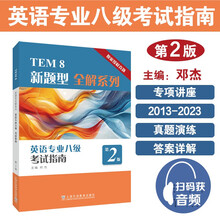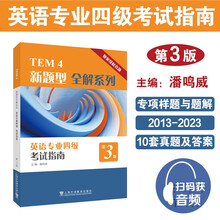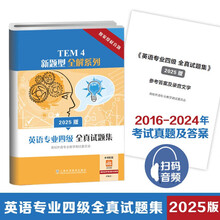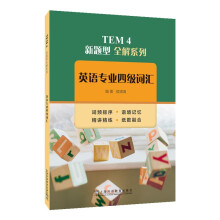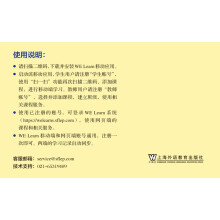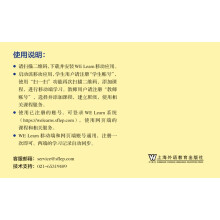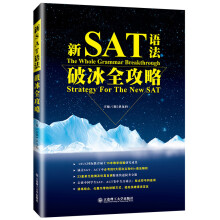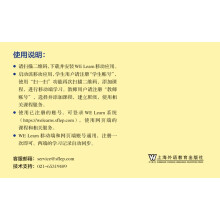Agricultural production in most poor countries accounts for up to 50% of GDP, compared to only 3% in rich countries. But most farmers in poor countries grow just enough for themselves and their families. Those who try exporting to the West find their goods whacked with huge tariffs or competing against cheaper subsidized goods. In 1999 the United Nations Conference on Trade and Development concluded that for each dollar developing countries receive in aid they lose up to $14 just because of trade barriers imposed on the export of their manufactured goods. Its not as if the developing world wants any favours, says Gerald Ssendwula, Ugandas Minister of Finance. "What we want is for the rich countries to let us compete."
Agriculture is one of the few areas in which the Third World can compete. Land and labour are cheap, and as farming methods develop, new technologies should improve output. This is no pie-in-the-sky speculation. The biggest success in Kenyas economy over the past decade has been the boom in exports of cut flowers and vegetables to Europe. But that may all change in 2008, when Kenya will be slightly too rich to qualify for the "least-developed country" status that allows African producers to avoid paying stiff European import duties on selected agricultural products. With trade barriers in place, the horticulture industry in Kenya will shrivel as quickly as a discarded rose. And while agriculture exports remain the great hope for poor countries, reducing trade barriers in other sectors also works: African Growth and Opportunity Act, which cuts duties on exports of everything from handicrafts to shoes, has proved a boon to Africa s manufacturers.The lesson: the Third World can prosper if the rich world gives it a fair go.
This is what makes Bushs decision to increase farm subsidies last month all the more depressing. Poor countries have long suspected that the rich world urges trade liberalization only so it can wangle its way into new markets. Such suspicions caused the Seattle trade talks to break down three years ago, But last November members of the World Trade Organization, meeting in Doha, Qatar, finally agreed to a new round of talks designed to open up global trade in agriculture and textiles. Rich countries assured poor countries, that their concerns were finally being addressed. Bushs handout last month makes a lie of Americas commitment to those talks and his personal devotion to free trade.
展开

